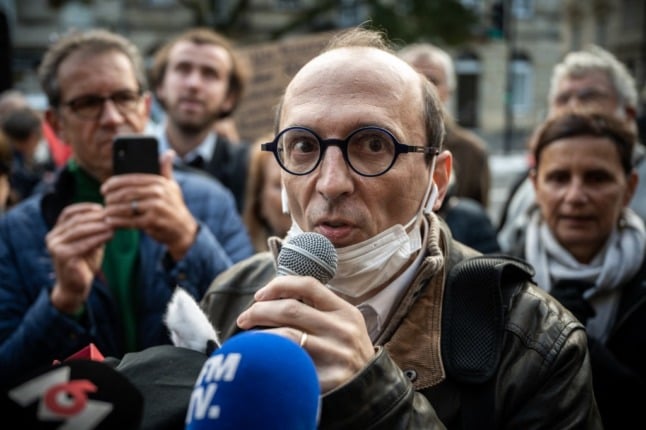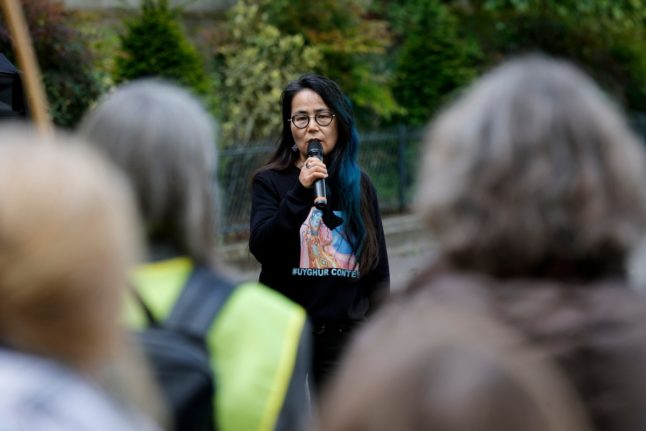French prosecutors announced on Monday that 19,685 of legal complaints filed against the Prime Minister and cabinet members responsible for health and education had been dismissed.
The man behind the complaints was a controversial anti-vaccine lawyer called Fabrice di Vizio, who sold access to a template online for those wishing to launch a legal challenge against the government. Di Vizio is best known for defending Didier Raoult, the French scientists who controversially touted hydroxychloroquine as a ‘cure’ for Covid.
Thousands of the criminal claims were more or less identical and targeted the politicians for their handling of the pandemic.
Prime Minister Jean Castex and Health Minister Olivier Véran were accused of “failure to stop a disaster”, which is a crime punishable by two years of imprisonment and a €30,000 fine.
The Education Minister Jean-Michel Blanquer was accused in the claims of “extortion”, with plaintiffs arguing that he was “forcing people to get vaccinated.”
Di Vizio is currently under investigation by the Paris Bar Council for having lodged the complaints against the French government in the first place. He has stepped back from the legal profession and has said he would sell shares in his legal practice.
The complaints had been initially been filed at the Court of Justice of the Republic, a special institution created in 1993 to prosecute ministers.
In 2020, before Di Vizio filed his claims, it launched a wide-reaching investigation into the handling of the pandemic by the government and health authorities. Olivier Véran’s home and offices were raided by police – the same happened to the country’s Director General of Health, Jérôme Salomon.
Former Prime Minister Edouard Philippe and former government spokesperson Sibeth Ndiaye were also thought to have been under investigation. None of these figures were eventually charged.
But in September 2021, this court did charge the former Health Minister Agnes Buzyn with “endangering the lives of others”.
READ MORE What next after France’s former health minister charged over Covid crisis?
Buzyn had controversially said in January 2020 that there was “practically no risk” of Covid-19 spreading to France from the Chinese city of Wuhan, and then went on to say that the “risk of a spread of the coronavirus among the population is very small”. She stepped down as health minister in February 2020 in order to contest the Paris mayoral election.
Her case is ongoing.
France’s Court of Justice was created in 1993 especially to prosecute ministers, with the aim of making it easier to hold them accountable for failures in office.
The special court, called the court of justice of the republic, was created in 1993 to prosecute ministers as a way of improving accountability due to perceptions that cabinet members were able to escape legal censure for their actions in office.



 Please whitelist us to continue reading.
Please whitelist us to continue reading.
Member comments